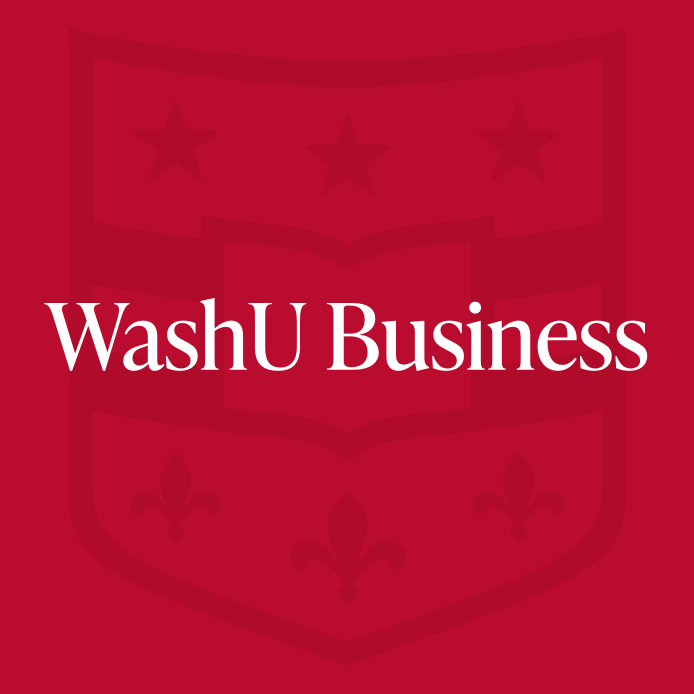Immersion in the ag-tech venture landscape through CEL
- July 25, 2019
- By WashU Olin Business School
- 3 minute read

The OAS Ventures Team, Jordan Gonen, BSBA 2019, Mickal Haile, JD 2019, Claudia Ortiz Albert, MS 2020, Andrew Schuette, PMBA 2019, Alex Teng, MS 2020, and Kristen Xin, MSCA 2019, contributed this post on behalf of Olin’s Center for Experiential Learning:
The global middle-class and wealthy demographic is expected to reach 47% of the world’s population in 2030 from 34% in 2015. This segment of the population is more concerned with how their calories are produced than how many are produced. Specifically, they are concerned about sustainability, transparency, water conservation, carbon footprint, efficiency, traceability and local food production.
To address the demands of a growing middle-class and wealthy population, our client, Ospraie Ag Science Ventures (OAS), makes investments in early-stage biopesticide and biological startups where they can address the following demands of this demographic: sustainability, carbon footprint and efficiency. Carl Casale, the CEO of OAS, former CEO of CHS, former CFO of Monsanto and Olin alumnus, brings a wealth of industry experience to his investments.
Our student team, diverse with backgrounds in healthcare, investment banking, law, venture capital, computer science and data analytics, eagerly commenced this project in alignment with OAS’ mission of finding ways to leverage capital to address these concerns.
Increasing effectiveness in ag-tech
In our introductory meeting with Carl, we learned a great deal about OAS and the broader ag-tech venture landscape. We also talked through several potential opportunities to increase the effectiveness of deal flow. After several explorations, the team determined our primary objective—increase Carl’s advantage by streamlining and standardizing the diligence process to make it repeatable, reliable and scalable.
We began the project by looking to clarify ambiguity in the process and codify best practices. The team investigated OAS’ existing protocols for examining a prospective investment’s intellectual property. We employed a variety of quantitative and qualitative methods to experiment with numerous hypotheses. We explored several potential solutions, encompassing everything from python queries to white-label software platforms to human resources. This iterative, sprint-style project management approach helped us to uncover new information quickly, trim fat and work towards our north star.
Over the course of the semester, Carl has been incredibly helpful, always willing to share resources or make relevant introductions. We spoke with a number of relevant stakeholders and industry experts that greatly enhanced our research and learnings. Dozens of phone calls and meetings later, the team has solidified measures and delivered our final recommendations to Carl and the OAS team at an off-site in North Carolina in early May.
Real-world problem solving in action
Participating in the CEL program has given our team a unique opportunity to apply traditional classroom concepts to a dynamic, real-world business environment. From this immersive experience, we have implemented and strengthened several fundamental professional skills, such as user research and strategic design, which have provided tangible value to our client.
Furthermore, we have learned to think as a team while being pushed outside our comfort zones and given the opportunity to explore ambiguous problems and make consequential conclusions.
This has been an awesome firsthand experience of real-world problem solving in action.
Media inquiries
For assistance with media inquiries and to find faculty experts, please contact Washington University Marketing & Communications.
Monday–Friday, 8:30 to 5 p.m.
Sara Savat
Senior News Director, Business and Social Sciences
